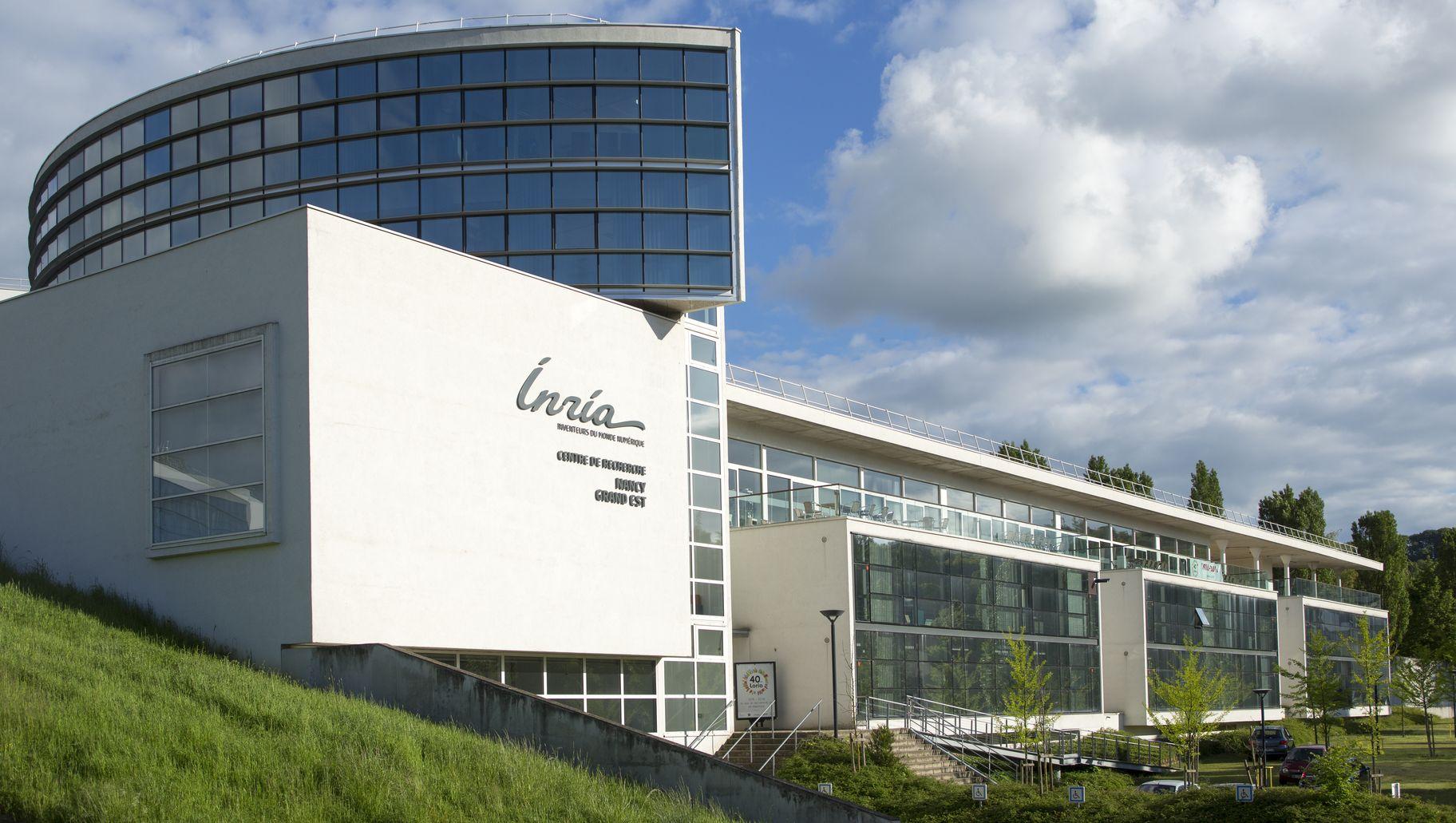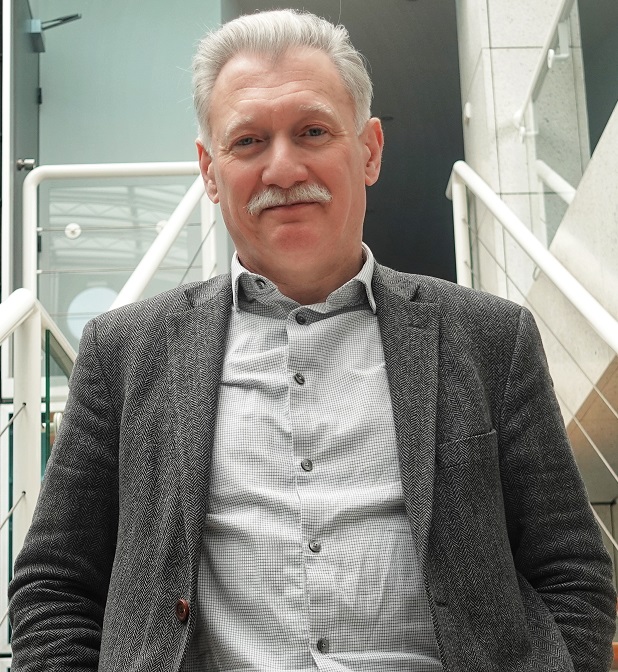
Address
615, rue du Jardin Botanique
54600 Villers-lès-Nancy
Contacts
- Phone : +33 3 83 59 30 00
How to apply
The centre has 20 project teams, divided between Nancy, Strasbourg and Saarbrücken. Its activities occupy over 400 people, scientists and research and innovation support staff, including 38 different nationalities.
Rooted in computer science and applied mathematics, Inria research and innovation projects cover everything related to digital science and technology:
Algorithmic intelligence; the mathematical core, algorithmic and technological core underpinning AI, cybersecurity, quantum computing and the programming languages of the 'next digital wave'.
Software-hardware interaction; in the heart of digital technology in contact with the the physical world, including robotics and additive manufacturing ("3D printing").
Digital health applications, including personalised medicine, digital biology and computer-assisted surgery. biology and computer-assisted surgery.
In addition, the Centre will be supporting the development of the Inria branch on the Strasbourg site, with the following strategic objectives:
The center is a founding member of the I-site LUE (Lorraine University of Excellence). The center's project-teams are shared with the following academic partners: Université de Lorraine, Institut Élie Cartan de Lorraine (IECL), Université de Strasbourg, Laboratoire lorrain de recherche en informatique et ses applications (Loria), Laboratoire des sciences de l'ingénieur, de l'informatique et de l'imagerie (iCube) of Strasbourg, IHU (Institut de chirurgie guidée par l'image) of Strasbourg, the CNRS laboratory of mathematics IRMA.
The centre also has numerous partnerships, with:
Situated 1h30 from Paris by TGV, Nancy is strategically located and offers quick access to major European cities. It is also 40 minutes from Metz, an innovative metropolis where the arts are omnipresent. The green spaces and a lake near the centre offer the possibility of numerous activities. Strasbourg, the Alsatian Eurometropolis, is one of the most attractive areas in France due to its economic dynamism, its mobility plan, with more than 600 km of bicycle facilities, and its quality of life. Alsatian gastronomy will delight gourmets, and its famous Christmas market will make the eyes of young and old shine.
Qu'est-ce qu'un PhD track ?
La campagne de thèses Inria habituelle est remplacée par la création de "PhD tracks", comme cela se fait dans plusieurs institutions dans le monde. Les futurs doctorants sont accueillis dans un programme "stage (de M2 ou de fin d'étude ingénieur)+thèse". L'attribution de financement de thèse sera décidée dès janvier 2025, ce qui permettra aux étudiants d'être assurés très tôt dans l'année, à la mi janvier, de l'attribution de la bourse de thèse. Le stage est compensé comme les stages habituels.
En attendant la publication des offres, les personnes intéressées peuvent prendre contact avec les équipes-projets du centre
Calendrier:
Inria is able to call upon talented individuals in more than 40 different research support positions in pursuit of its ambitions for human resources, administrative support, financial management and communication, and is proud of the 900 individuals on its support staff for research and innovation: truly the backbone of the institute.

Address
615, rue du Jardin Botanique
54600 Villers-lès-Nancy
Contacts
How to apply